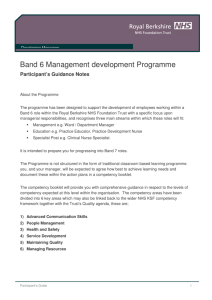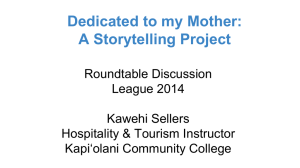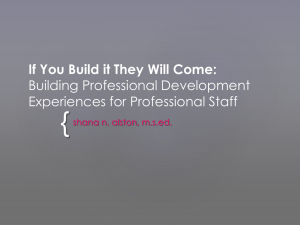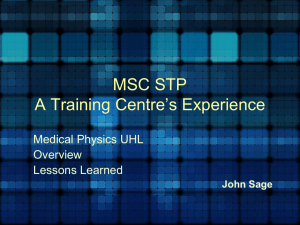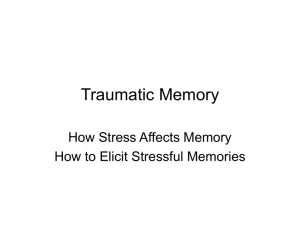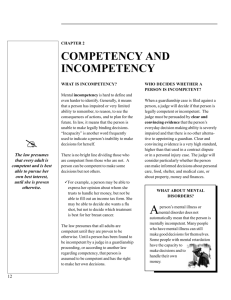Study skills ppt
advertisement
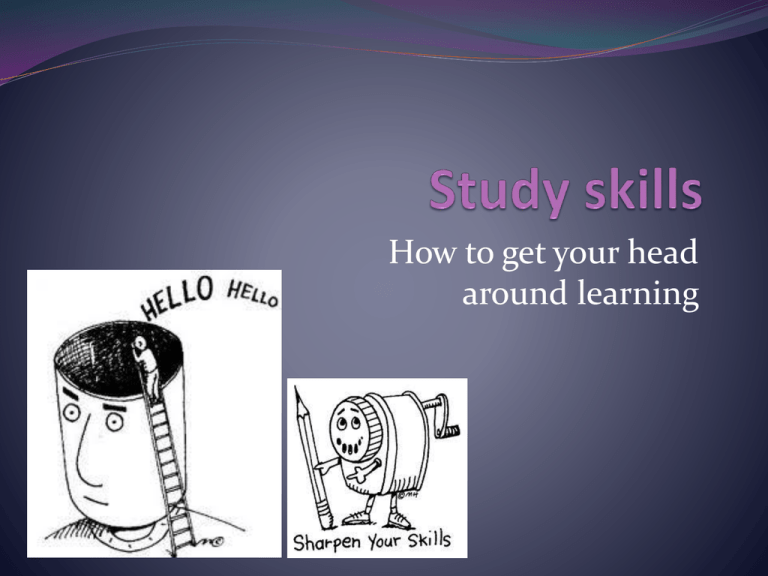
How to get your head around learning Study tips, the journey to exams Be an active learner Tell a friend about what you have learnt With a friend think of all the words you can about the subject Draw a mind map Pick out five points from the lesson Think of three questions to ask your teacher Draw a picture of Use note cards to Make up a song what its about help you study about what you have learnt Create the right learning state Where you study is important. Think about what you like best in your surroundings. Do you like it: Warm Cool Fresh air Warm feet Warm head Music Quiet Being self responsible The only person in charge of what you do and how far you want to go in life is YOU “Whether you think you can or think you can’t, you are probably right.” (Henry Ford) Three areas of learning R:R:R Registering – how to take information in Retaining – how to make information stick Recalling- how to make sure you can recall information when you need it Quizzes for knowing your brain Go to www.likemindslearning.co.uk To find out about your brain dominance Left or Right brain. Learning Styles Find out about your learning styles Visual, Audio or Kinaesthetic. What is your preferred style? Tips for learning styles VISUAL Recall position of information on the note pages Draw out diagrams or concept maps before starting test Practice turning visuals into test questions KINESTHETIC Role play the exam situation Use your hands/body to imitate what you are trying to recall Get exercise the night before the exam AUDITORY • Speak answer to yourself (quietly!) • Talk through the questions with someone • Spend time in a quiet place recalling answers • Use ear plugs Intelligences All eight + of them! Belief Tell yourself you can and your brain will approach the task positively. Telling yourself you can’t do something automatically puts your brain into negative mode. Use positive language Hope Might Do But Never Must Will Can Can’t Should Impossible Success is about being positive Time Plans The brain works best for one and a half hours at a time. You can focus in a concentrated spell for about 20-25 minutes. Study time Plan your study for twenty minute slots and reward yourself at the end with something nice. Take a 5 minute break then get back to work Revise for one and a half hours for maximum retention. Study Alarm for your phone This is an App which you can get from the This will help with your study times to maximise the amount you can take in in one study session. It’s a great idea to time your study so you don’t overload your brain and make study less effective. You can study smart!! Memory fade “All learning without reviewing is like trying to fill the bath with the plug out.” (Mike Hughes Closing the Learning Gap) Review... review... review... When you have learned a piece of information you need to retain it. Review this again after just 30 minutes Look at it again after 24 hours Review this information after one week Then again after one month. This helps to put the information into the long term memory. The four stages of competency • You don’t know what you don’t know • You don’t know what you know • (it’s become automatic) 1 2 Unconscious Conscious Incompetency Incompetency Unconscious Competency Conscious Competency 4 3 • Now you know what you don’t know • You know what you DO know The brain is amazing! The number of connections and neural pathways that can be formed by a normal human brain is astronomical. It is the number 1 followed by 10 million kilometres of zeros in font size 12 ……….. 1,0000000000000000000000000000000000000000000000000000000000000000000000000000000000000000000 and just keep going for 10 million kilometres……………………!!! WOW! This is more than the largest computer storage capacity we have produced so far!
